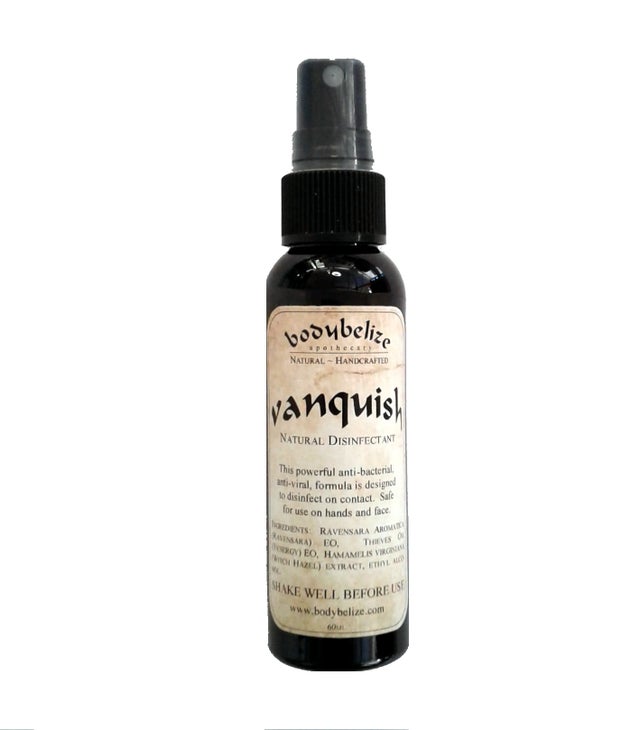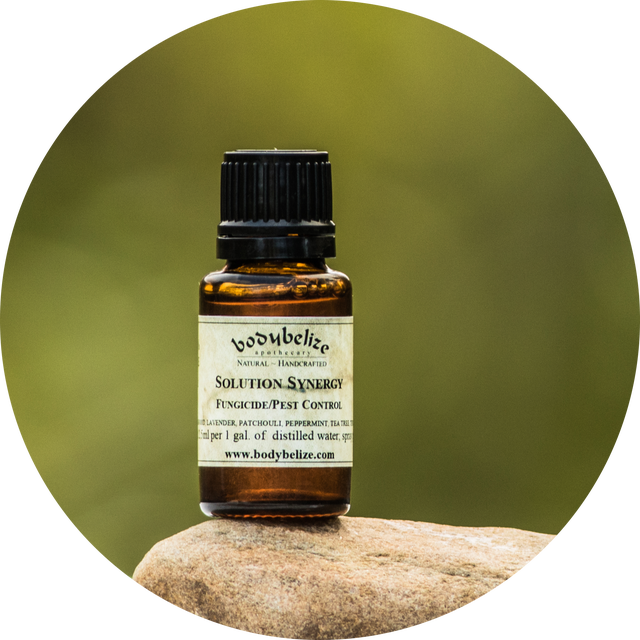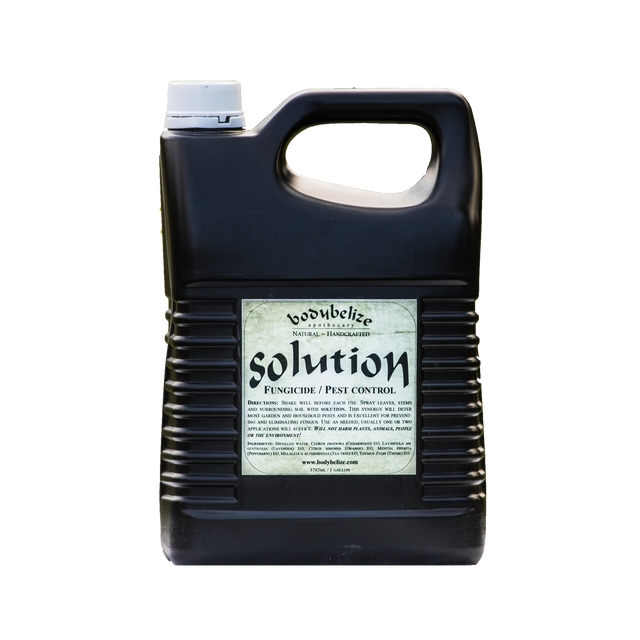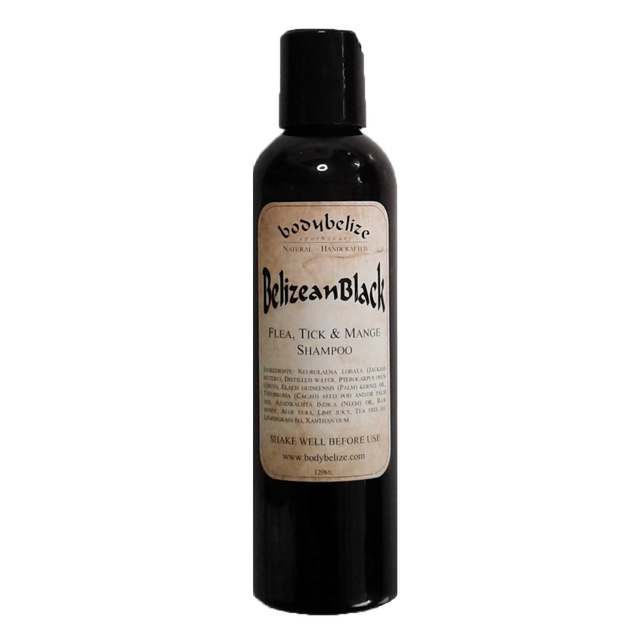Here are some key reasons why individuals and communities choose to prioritize natural products in these areas:
Reduced Exposure to Harmful Chemicals: Many conventional household and garden products contain synthetic chemicals that have negative effects on human health. By choosing natural alternatives, you reduce your exposure to potentially harmful substances, which may be especially important for individuals with sensitivities, allergies, or respiratory issues.
Environmental Impact: Synthetic chemicals in household and garden products contribute to environmental pollution. When these products are washed away into water systems or sprayed in gardens, they harm aquatic life, disrupt ecosystems, and contribute to soil and water contamination. Natural products use ingredients that are biodegradable and less harmful to the environment.
Sustainable Agriculture: Natural garden products, particularly those labeled as organic, support sustainable agriculture practices. This includes avoiding the use of synthetic pesticides, herbicides, and fertilizers, which have detrimental effects on soil health and biodiversity. Choosing natural options supports farming methods that are less reliant on harmful chemicals.
Protecting Beneficial Insects: Many synthetic pesticides not only target harmful pests but also harm beneficial insects such as bees, butterflies, and other pollinators. Natural garden products, or organic gardening practices, help maintain a healthier balance in ecosystems, supporting the well-being of these essential pollinators.
Preservation of Soil Health: Natural gardening products, such as organic fertilizers and compost, contribute to soil health by promoting nutrient-rich and well-structured soils. This enhances the fertility and sustainability of the land over the long term.
Responsible Waste Management: Natural household and garden products are designed to be biodegradable and environmentally friendly. This supports responsible waste management practices, reducing the environmental impact of product disposal.
Reduced Indoor Air Pollution: Conventional household cleaning products release volatile organic compounds (VOCs) into the air, contributing to indoor air pollution. Natural cleaning products, which may use plant-based ingredients and essential oils, offer alternatives that are less likely to release harmful pollutants into your home environment.
Healthier Living Spaces: Using natural household products contributes to creating healthier living spaces. This is particularly important for those with respiratory issues, allergies, or sensitivities. Natural cleaning products, for example, help maintain indoor air quality and reduce the risk of exposure to harsh chemicals.
Promoting Biodiversity: Natural gardening practices, such as avoiding synthetic pesticides, contribute to the preservation of biodiversity. By creating environments that support a variety of plants and insects, you contribute to the overall health of ecosystems.
Reduced Exposure to Harmful Chemicals: Many conventional household and garden products contain synthetic chemicals that have negative effects on human health. By choosing natural alternatives, you reduce your exposure to potentially harmful substances, which may be especially important for individuals with sensitivities, allergies, or respiratory issues.
Environmental Impact: Synthetic chemicals in household and garden products contribute to environmental pollution. When these products are washed away into water systems or sprayed in gardens, they harm aquatic life, disrupt ecosystems, and contribute to soil and water contamination. Natural products use ingredients that are biodegradable and less harmful to the environment.
Sustainable Agriculture: Natural garden products, particularly those labeled as organic, support sustainable agriculture practices. This includes avoiding the use of synthetic pesticides, herbicides, and fertilizers, which have detrimental effects on soil health and biodiversity. Choosing natural options supports farming methods that are less reliant on harmful chemicals.
Protecting Beneficial Insects: Many synthetic pesticides not only target harmful pests but also harm beneficial insects such as bees, butterflies, and other pollinators. Natural garden products, or organic gardening practices, help maintain a healthier balance in ecosystems, supporting the well-being of these essential pollinators.
Preservation of Soil Health: Natural gardening products, such as organic fertilizers and compost, contribute to soil health by promoting nutrient-rich and well-structured soils. This enhances the fertility and sustainability of the land over the long term.
Responsible Waste Management: Natural household and garden products are designed to be biodegradable and environmentally friendly. This supports responsible waste management practices, reducing the environmental impact of product disposal.
Reduced Indoor Air Pollution: Conventional household cleaning products release volatile organic compounds (VOCs) into the air, contributing to indoor air pollution. Natural cleaning products, which may use plant-based ingredients and essential oils, offer alternatives that are less likely to release harmful pollutants into your home environment.
Healthier Living Spaces: Using natural household products contributes to creating healthier living spaces. This is particularly important for those with respiratory issues, allergies, or sensitivities. Natural cleaning products, for example, help maintain indoor air quality and reduce the risk of exposure to harsh chemicals.
Promoting Biodiversity: Natural gardening practices, such as avoiding synthetic pesticides, contribute to the preservation of biodiversity. By creating environments that support a variety of plants and insects, you contribute to the overall health of ecosystems.
HOUSE & GARDEN

VANQUISH ~ Natural Disinfectant
$12.06
$12.06

SOLUTION ~ Fungicide/Pest Control Synergy
$56.48
$56.48

SOLUTION ~Fungicide/Pest Control (Premixed)
$40.70
$40.70

BELIZEAN BLACK ~ Flea, Tick & Mange Shampoo
$16.59 - $33.12
$16.59 - $33.12

